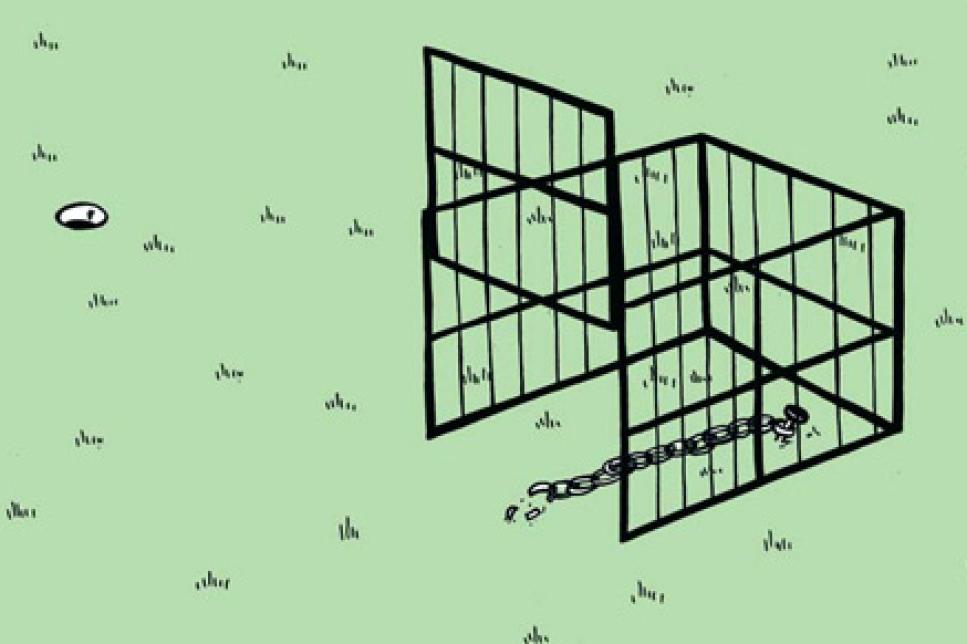The Tiger effect

For years, some tour players and golf fans have believed that Tiger Woods exerts a powerful malevolent influence on his rivals and somehow causes them to pull drives, chunk chips, stab putts and pathetically fall out of contention. Now Jennifer Brown, an economist at the University of California at Berkeley, has proved it scientifically. She has also shown that the effect extends beyond the guys near him on the leader board. In a recent paper, she concludes that the tour's exempt players, as a group, play almost a full stroke worse in tournaments in which Tiger is in the field.
Even if Tiger retired tomorrow, he'd have my vote as the best player ever. He finished 2007 with 19.62 points in the World Golf Ranking, more than twice as many as his closest rival. That means that he had enough points last year to be both No. 1 and No. 2. It also means that if you had divided his 2007 tournament results between two players -- Tiger A and Tiger B -- both would have finished ahead of Phil Mickelson.
Why do good players stumble in Tiger's presence? Brown adjusted for course difficulty, quality of the field and other variables, but she couldn't make the gap go away. Adjustments are necessary because Tiger's short schedule favors the majors and other tough tournaments, in which the competition is stronger and the scoring is higher. Her explanation is mainly economic: Tiger's chance of winning any event is so high (nearly 50 percent the past two years) and the prize for finishing second is so relatively small (roughly 60 percent of the first-place check) that good players don't try as hard, making the rational decision, if unconscious, that extra effort won't pay.
Tiger A and Tiger B both would have finished ahead of Phil Mickelson.'
I accept Brown's arithmetic, but I think her hypothesis might be faulty. For one thing, the financial difference between first and second is of concern only to the guys who finish first and second. And if they're that good, they probably don't need the cash, anyway. For another, performance in golf usually varies inversely with effort. Look at what happens to your own rounds when you decide that, for once in your life, you're really going to bear down and not screw up the last six holes.
The real explanation, I think, is that Tiger's rivals try even harder when Tiger is playing well and end up focusing on him instead of staying out of their own way. When all those other guys finally, truly give up -- that's when Tiger will have to watch his back.